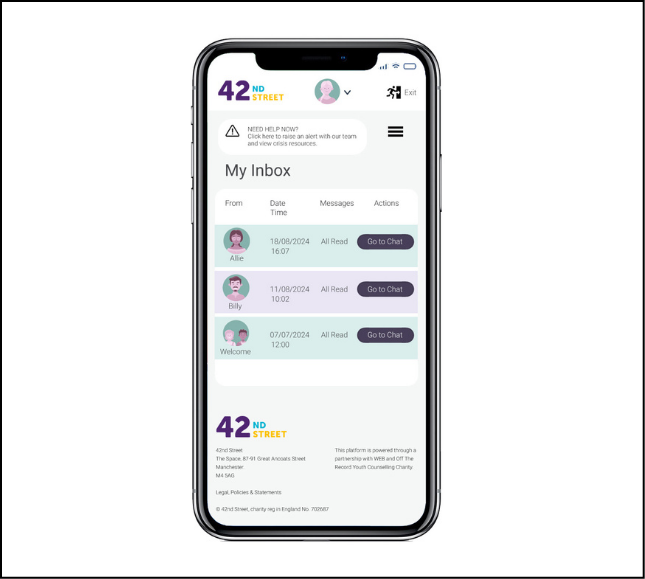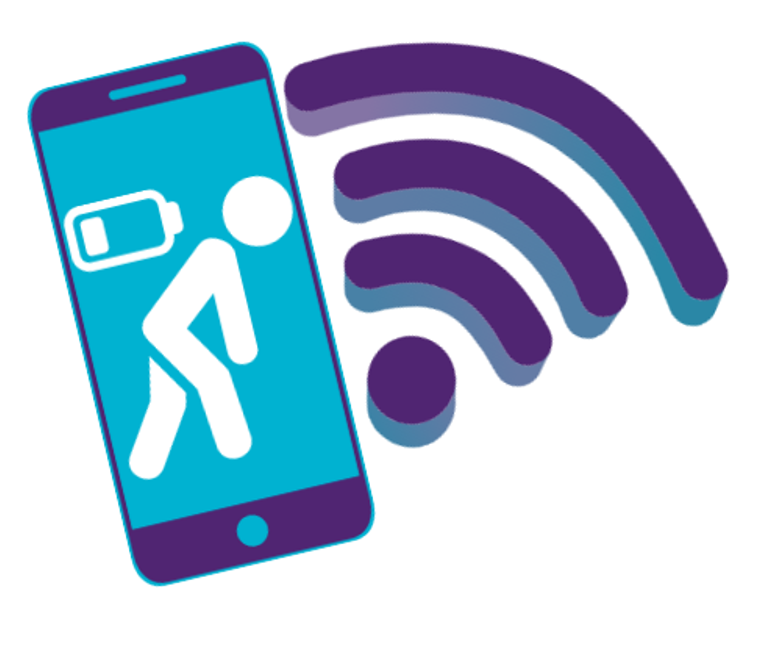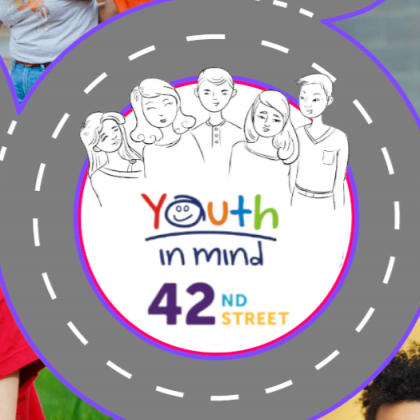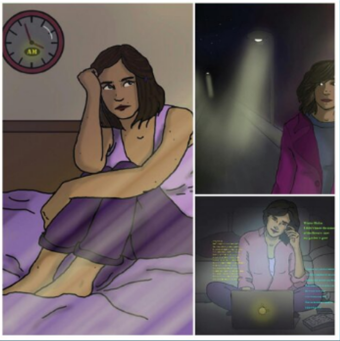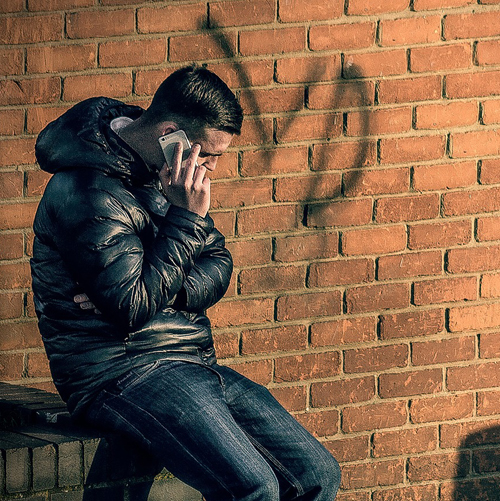Experiencing bullying
Reading time: 4-6 minutes
Bullying is a type of abuse that can take place in-person or online (cyberbullying).It can be a one-off incident or happen over a prolonged period of time, and it can take the form of:
- Physical bullying, e.g. kicking, pushing, threatening to hurt you, stealing or hiding your possessions, humiliating you in front of other people
- Verbal bullying, e.g. insulting or making fun of you, teasing, name-calling
- Relational bullying, e.g. spreading rumours about you, leaving you out of group activities, acting like you’re not there.
Bullying can happen to anyone and a person may be targeted for a range of different reasons, none of which ever justify the act of bullying. If someone is targeted because of their sexual orientation, religious beliefs, skin colour, gender assignment or disability, this may be classed as a hate incident or hate crime. If you think this has happened to you, you might want to report it to the police. You can find out more about reporting this kind of harassment on the Citizens Advice website.
If you’re being bullied, it can feel like it’ll never end, it can be exhausting and have a significant impact on your mental health. Not only can it cause really low self-esteem, but you might also feel;
- Lonely
- Frustrated
- Anxious
- Angry
- Frightened
If bullying goes on it can also lead to other issues, such as depression, self-harm and eating disorders. Some people may use drugs and alcohol to cope as well.
It's important to know that any form of bullying is totally unacceptable and can make everyday life extremely challenging. It should never be dismissed as “just another part of growing up” or "banter" - if it’s having an impact on your life and wellbeing, it needs to be addressed. No one should ever feel they deserve to treated badly and you are absolutely worth so much more than some people can make you feel.
It might help to remember that things can get better and can change. There are people who can help when it comes to bullying and even if it doesn't feel like it, it isn't something that will always be there.
What might help?
- Tell someone! We understand how hard it can be to tell someone about bullying, but it’s usually the only way to make it go away. Talk to a family member, teacher, school nurse, friend – anyone you trust who might be able to help you and report what’s going on. Bullying is never ok and whoever you tell will know that.
- If the bullying doesn’t stop, speak up again. Know your worth. If the bullying persists, tell someone again. If you tell someone at school, college or work and you don't feel they've done enough, go over their head! Don’t stop until action has been taken.
- Most bullies are going through something. More often than not, those who bully are experiencing difficulties in their own life. While this does not justify their actions in any way, it might help to remember that their behaviours are not a reflection of you, but rather of their own problems. They're taking out their baggage on you, which isn't fair, but it means it probably isn't really about you either.
- Remember that you matter. Don’t let your experiences of bullying change who you are or what you enjoy. What other people say or do doesn’t define you. If bullying is affecting the way that you view yourself, you might like to read our page on confidence and self-esteem.
- Do something you love. It’s easy for thoughts about bullying to consume you, but try not to let it take a hold of your life. It might sound easier to say than do, especially if bullying is something you're experiencing regularly, but whenever you can, get stuck into an activity that you really enjoy, such as baking, reading a book, playing football, any hobby or interest, anything that's your and that you find joy in doing.
- Block and report cyberbullies. Cyberbullying can make it seem impossible to escape the negative comments and messages. You might find yourself anticipating those hurtful words and always checking your social media accounts. Blocking and reporting cyberbullies means that they can’t reach you and it might prevent them from continuing their behaviour in the future. You should also keep evidence of the cyberbullying (e.g. any posts or messages) that you can show if you report them. There's some links of organisations that specialise in support people experiencing cyber-bullying below
Where to go for more support
Bullying can make you feel like you’re completely alone, but this is never the case. In addition to telling a trusted person about the bullying, there are lots of places you can turn to for extra support.
- YoungMinds goes into detail about the different types of bullying, the effects it can have, and advice for telling someone. It also shares stories of other young people who have been bullied. Their free messenger service is available 24/7 if you’d like to chat to someone about your feelings and experiences via text.
- Bullying UK has a range of articles, tips and advice on bullying.
- Childline has a lot of useful information about bullying and cyberbullying, such as ways you can take care of yourself and how to help someone who is being bullied. If things are getting too much for you, you can also call their helpline on 0800 1111.
- Check out Mind’s website if you think that you’re experiencing bullying at work. It provides you with some specific actions and advice that you could take.
- Visit ThinkUKnow’s website if you’re worried about cyberbullying (particularly if it’s relating to sex and relationships) and would like some advice on what to do.
- If the bullying escalates into a crime, contact the police. You might do this if someone is being violent towards you, stealing your possessions, bullying you because you have a disability, targeting you because of your race, gender, or sexual orientation, or spreading a naked photo of you (or threatening to) when you haven’t given them permission.
You can also seek support from 42nd We’re here to listen to your experiences of bullying and how you might be feeling. If you want to chat with one of our workers online via text, you can register for ongoing online support via our online support portal. We also hold weekly drop-in sessions so that you can speak to a worker without an appointment.
We provide a number of face-to-face services too, all of which offer something slightly different depending on what you want to get out of the support. Overall, though, every service provides you with someone who will listen, acknowledge your feelings, and work with you to explore and manage your emotions. You can read about our services here.
By: Ruby Guyler
Other articles you could be interested in:





